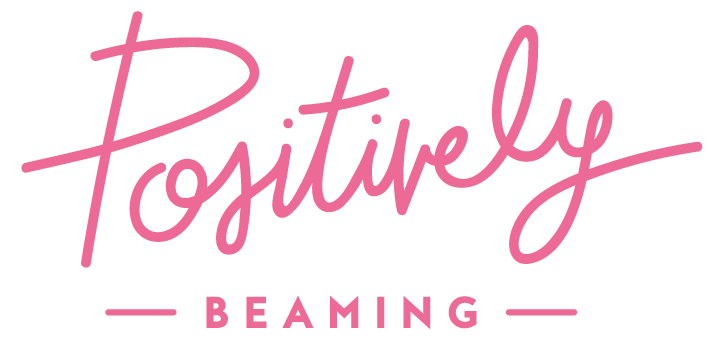Reflecting on Unpleasant Emotions

Hey there - how are you doing? What is bringing you joy at the moment?
I listened to Tarana Burke - author and founder of the #metoo movement, and she reminded me that you could feel great joy and great sorrow or pain simultaneously. (Ever laughed at a funeral??)
Whilst I embed wellbeing and positivity in my teaching, it's not because I want you to run around pumping sunshine and engaging in toxic positivity. My biz is called Positively Beaming, for all sorts of subtle reasons, but NONE of them is about pretending to be happy when you are not. Our brains are hardwired to notice threats way before they notice beauty. Our brain is Teflon for joy, hope and happiness and Velcro for all those tiny, nasty experiences that had unsettled or scared you since way before you were even born. I have written about this lots, and I even have a keynote that I give on the topic, and you can find a funny old recording of it here Why Happiness is Hard

I am a relentless optimist who can find the silver lining in just about anything or anyone. What I am not good at is being OK with uncomfortable emotions. My personal, fight and flight response to unpleasantness is to flee and feed. Some of us numb our negative emotions with food (me), wine (sometimes me), running (never me!). Some bury it in busyness.
But you teach the lesson you are supposed to learn, right??. There is no secret that I love Brene Brown because her research of vulnerability, shame and rumbling, are MY lessons to learn.
What is YOUR response to unpleasant emotions??

On a slightly similar theme, I have become aware of something recently, and I have become super curious about it, not judgemental, just curious.
Teachers (including anyone with the #mentorteacher archetype) do this particular thing when they encounter a new topic. They have two separate and distinct hard drives in their head. Hard drive one is actively learning the new thing, and hard drive two is working out how to teach this new thing to someone else - tomorrow!. This process makes a little bit of sense when learning how to teach reading to students effectively. But teachers and school leaders also do it with a bunch of other topics too.
Hardrive #1 is learning to investigate their own Emotional Intelligence triggers. Hardrive #2 they are working out how to teach EQ to others
Hardrive #1 is attending a 90 min seminar on Principal wellbeing Hardrive # 2 -finds the boss standing at tomorrows staff meeting, teaching the teachers how to do it, with their students, with NO personal change or commitment.
Hardrive #1 instead of coaching and being coached themselves, Hardrive #2 implements peer coaching with their staff first
I am VERY guilty of trying to teach a concept before I have thoroughly learnt and integrated it myself.
But here is what I am curious about. I am curious about how my predominantly female audience responds to the final question in my leadership program: What have YOU learnt and what YOU are taking away from the program?
I have noticed that women will do one of the following things :
- They may share, often with heartfelt emotion, the one thing that resonated and that they will continue to develop over time (awesome, right answer!!) OR
- They will start teaching about we: I think XYZ is so valuable and it is important that we help our staff understand ....and we need to show them how to do this and that because the research shows .... OR
- They will ignore "self" entirely and start talking in the third person or "preaching" - what really resonated was the need for boundaries ... as women, we need to do XYX, and we ...
- And then there is always one "politician", the person who completely misses the point of the question, which is to share their personal key learnings, and they begin to pontificate about some random thing.
Sharing takes vulnerability - this is new to me, and I might not have it right yet. It also takes a growth mindset -I need to understand how this adds to and fits with what I already know. Notice that personal pronoun - I, not we, they or them .... but... me, my, I.
My current untested theory is that every participant, me included, would say that they had a growth mindset and were open to learning and change. When in reality, I want others to change - because I feel safe here. My armour is keeping all that vulnerability and all those unpleasant emotions out.
Categories
- Leadership (21)
- Women (14)
- Coaching (14)
- Positivity and Wellbeing (13)
- Mindset (11)
- Management (11)
- Happiness (8)
- Career (11)
- Wellbeing (6)
- Goals (7)
- Authenticity (7)
- Empowerment (5)
- Trust (3)
- Psychological (4)
- Conversation (4)
- Choice (2)
- Interviews (1)
- Time Management (1)
- Habits (2)
- Teamwork (1)
- Productivity (1)
- Confidence (1)
- Drama Triangle (1)

0 comments
Leave a comment
Please log in or register to post a comment